On September 21st, 2024, Co-creation Hub (CcHUB) held the Edtech Festival at the Universal Basic Education Digital Resource Centre (UBEC DRC), Mabushi, Abuja, bringing together thought leaders, educators, and edtech innovators to discuss the future of learning and its role in workforce development.
A key highlight was the panel discussion titled “Future of Learning: Bridging Gaps Through Edtech Innovation,” featuring AyoOluwa Nihinlola, CEO of uLesson K–12, and Ahmed Alaga, Head Partnerships, the African Talent Company.
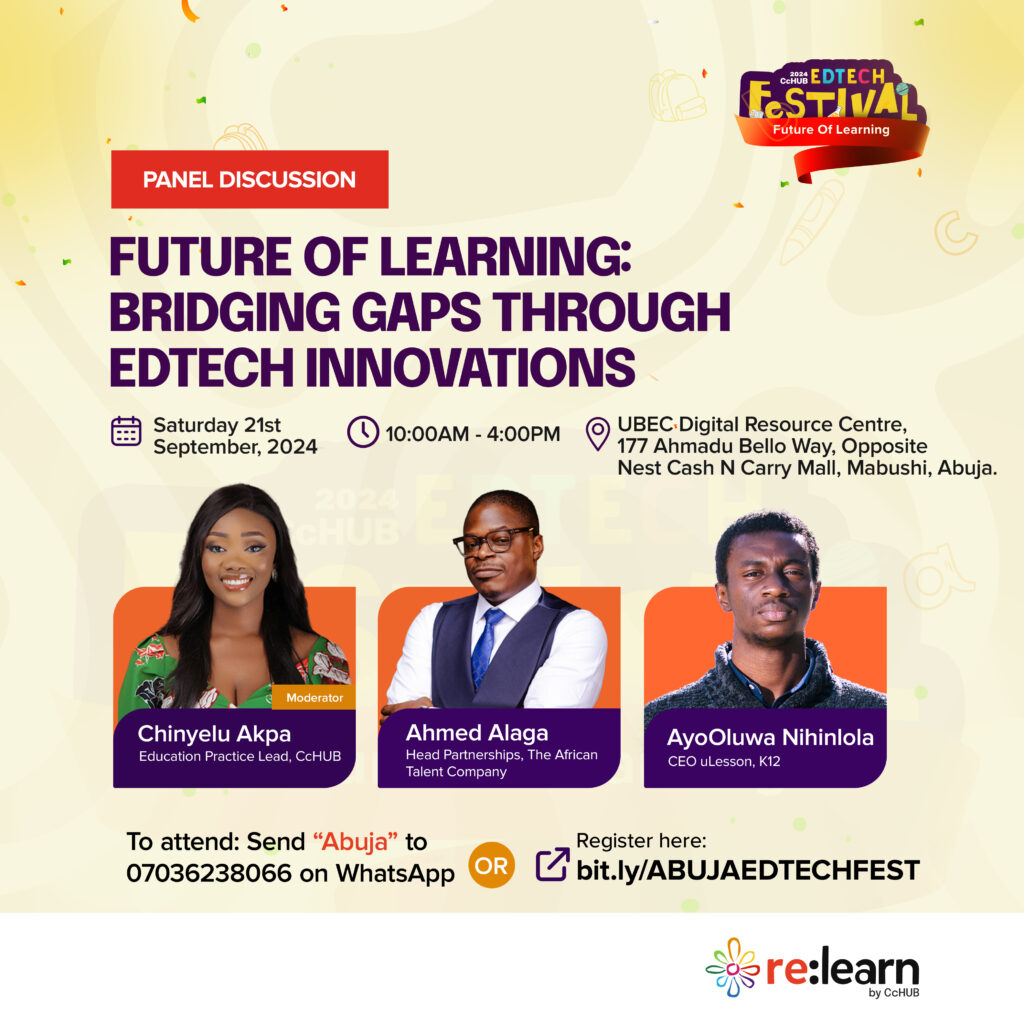
The purpose of the Edtech Festival was to explore how technology is transforming education and preparing learners for the evolving job market. Nigeria’s large youth population and increasing unemployment rates make this conversation crucial.
The panel discussion centred on how innovations like adaptive learning platforms, AI-driven tutoring, and remote learning solutions are addressing the skills gap in Nigeria’s labour market, where over 53% of youth are unemployed.
Edtech and the Future of Work: Insights from uLesson K–12’s CEO
Addressing Nigeria’s Educational Challenges
The panel featured insightful contributions from AyoOluwa Nihinlola and Ahmed Alaga. Speaking on the driving force behind uLesson, AyoOluwa said, “At uLesson, our work has been driven by the urgent need to address the educational challenges in Nigeria, particularly the alarming number of out-of-school children.
“According to UNICEF, there are over 10.5 million (Finland and Sweden) out-of-school children in Nigeria, which is one of the highest numbers in the world. This statistic underscores the magnitude of the problem and the critical need for innovative solutions.
“Our focus is on providing African learners with access to quality education. By continuously refining our offerings, we ensure that we are not only addressing the current challenges but are also adapting to the evolving needs of learners in Nigeria and across Africa.”
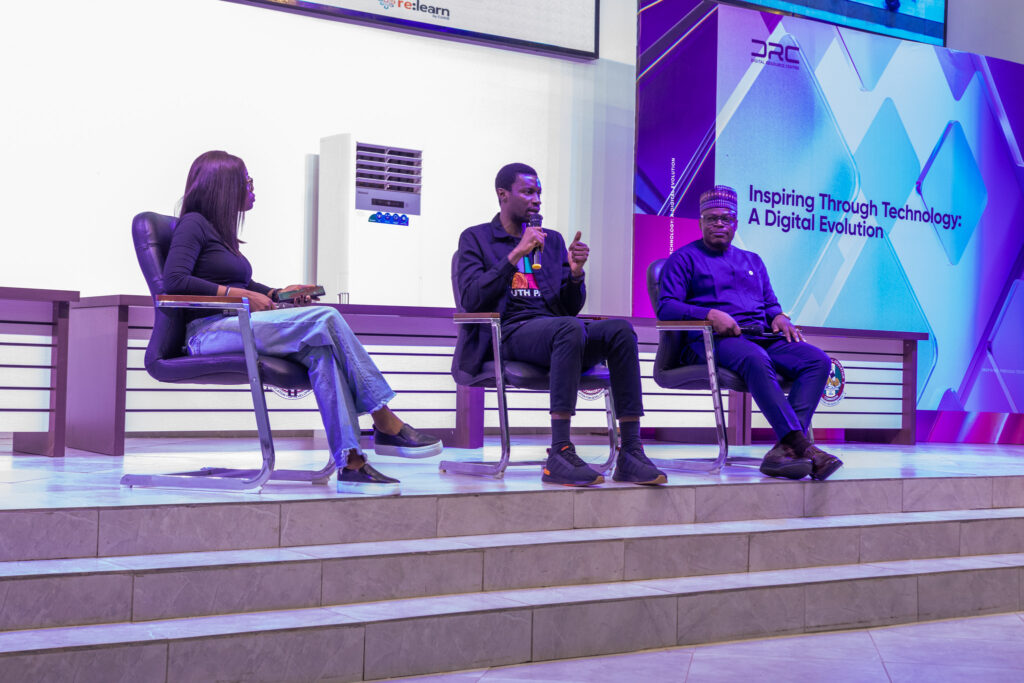
The CEO also highlighted the urgent need for Nigeria’s education system to adapt to future workforce demands. He said, “The current education system still has a long way to go in aligning with the future job market. Rote learning and theoretical knowledge won’t prepare students for today’s industries.
“While there are promising policies in place, their implementation is inconsistent, particularly in under-resourced regions. To make our education system future-fit, we need to prioritise critical thinking, problem-solving, and technical skills across all levels of education, ensuring that students are equipped to thrive in a rapidly changing world.”
Raising Innovators, Not Consumers of Knowledge
AyoOluwa pointed to the critical role education technology plays in raising innovators who are equipped for the shifting job market. “Edtech plays a vital role in preparing learners for the future of work, particularly by fostering critical skills like digital literacy, creativity, and problem-solving from an early age.
“At uLesson, we have seen firsthand how technology can transform education by making it more interactive, personalised, and relevant to the needs of the modern job market.”
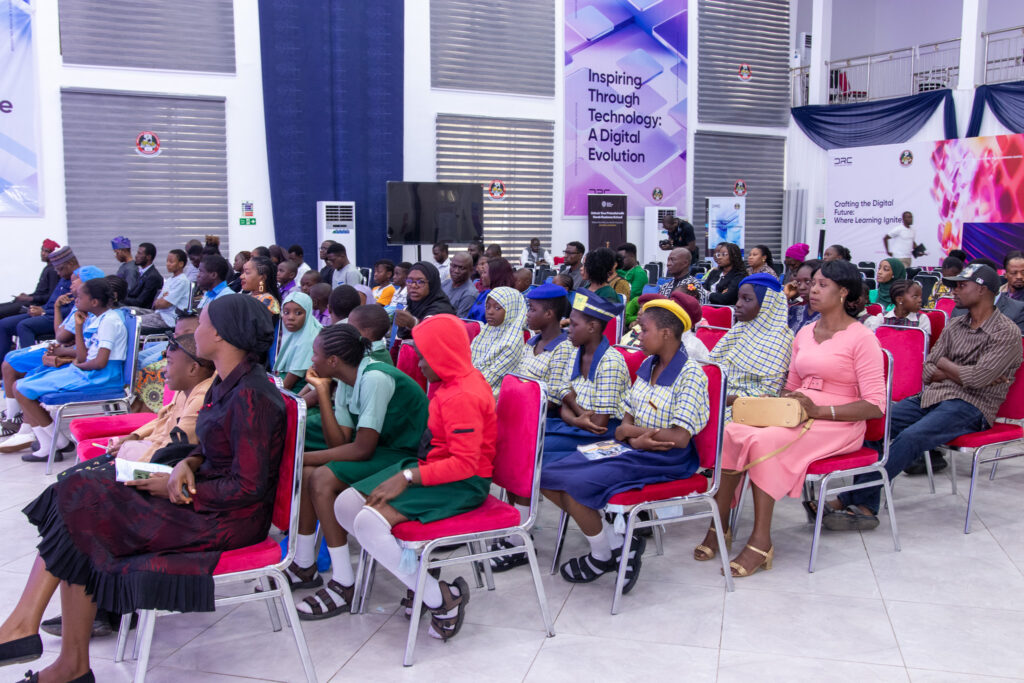
The CEO further emphasised the need to focus on raising innovators—students who are not just consumers of knowledge but creators of solutions—beyond improved learning outcomes.
According to him, it is essential that edtech goes beyond traditional learning metrics and focuses on fostering a culture of innovation and entrepreneurship among students, as a report from the World Economic Forum suggests that 65% of children entering primary school today will ultimately end up working in completely new job types that don’t yet exist.
Ahmed Alaga also touched on the rise of the creative economy and how more young people are becoming entrepreneurs. He stressed that edtech can support this trend by offering entrepreneurial skills and resources, enabling students to explore alternative career paths beyond traditional employment.
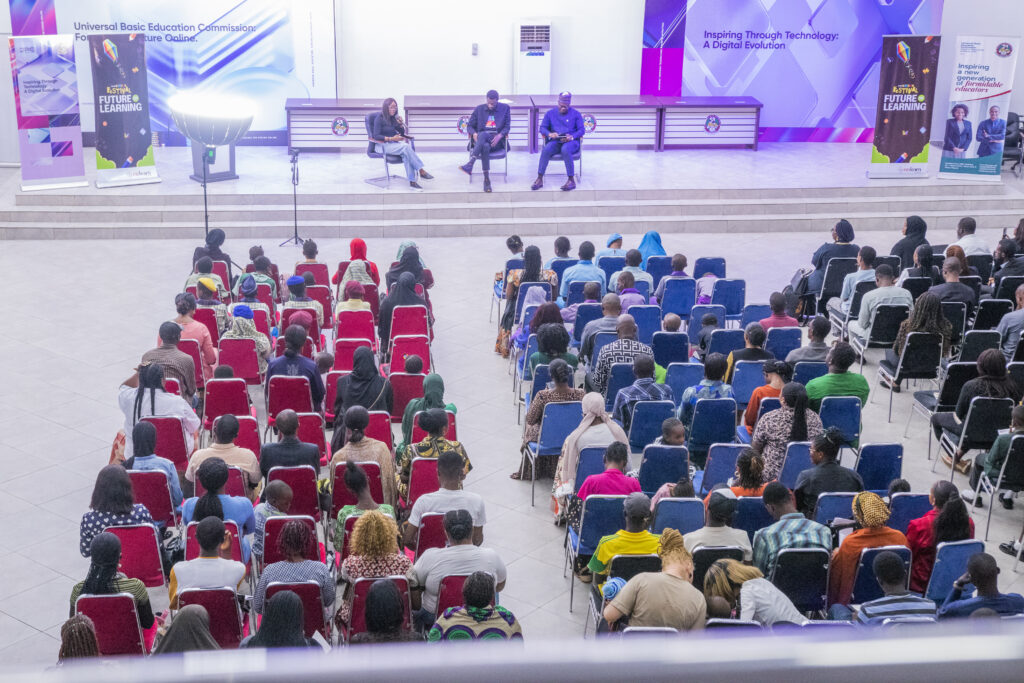
Shaping the Future of Learning
The CcHUB Edtech Festival has reaffirmed the critical role of edtech in transforming learning and preparing Nigeria’s youth for the future of work. These insights from the festival will help shape the direction of edtech platforms like uLesson, which will prepare a more future-ready generation of learners by combining innovative approaches, interactive learning with real-world applications, and a focus on skill development.
This will also ensure that students are not only academically prepared but also equipped with the technical and soft skills needed to excel in the modern and future workforce.

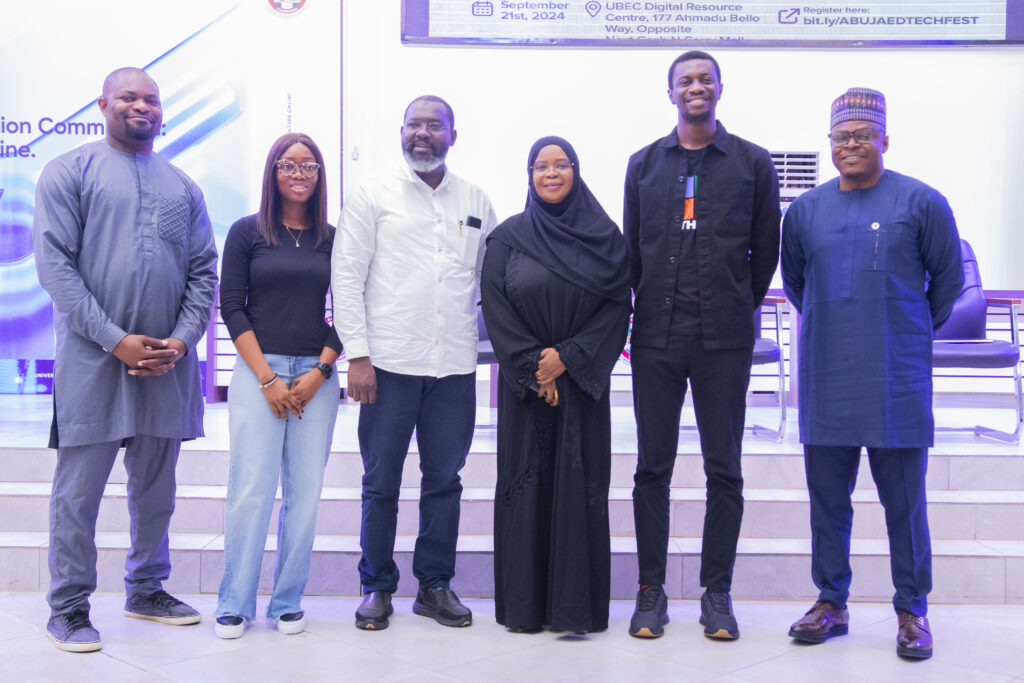


One comment
Zaproxy dolore alias impedit expedita quisquam.